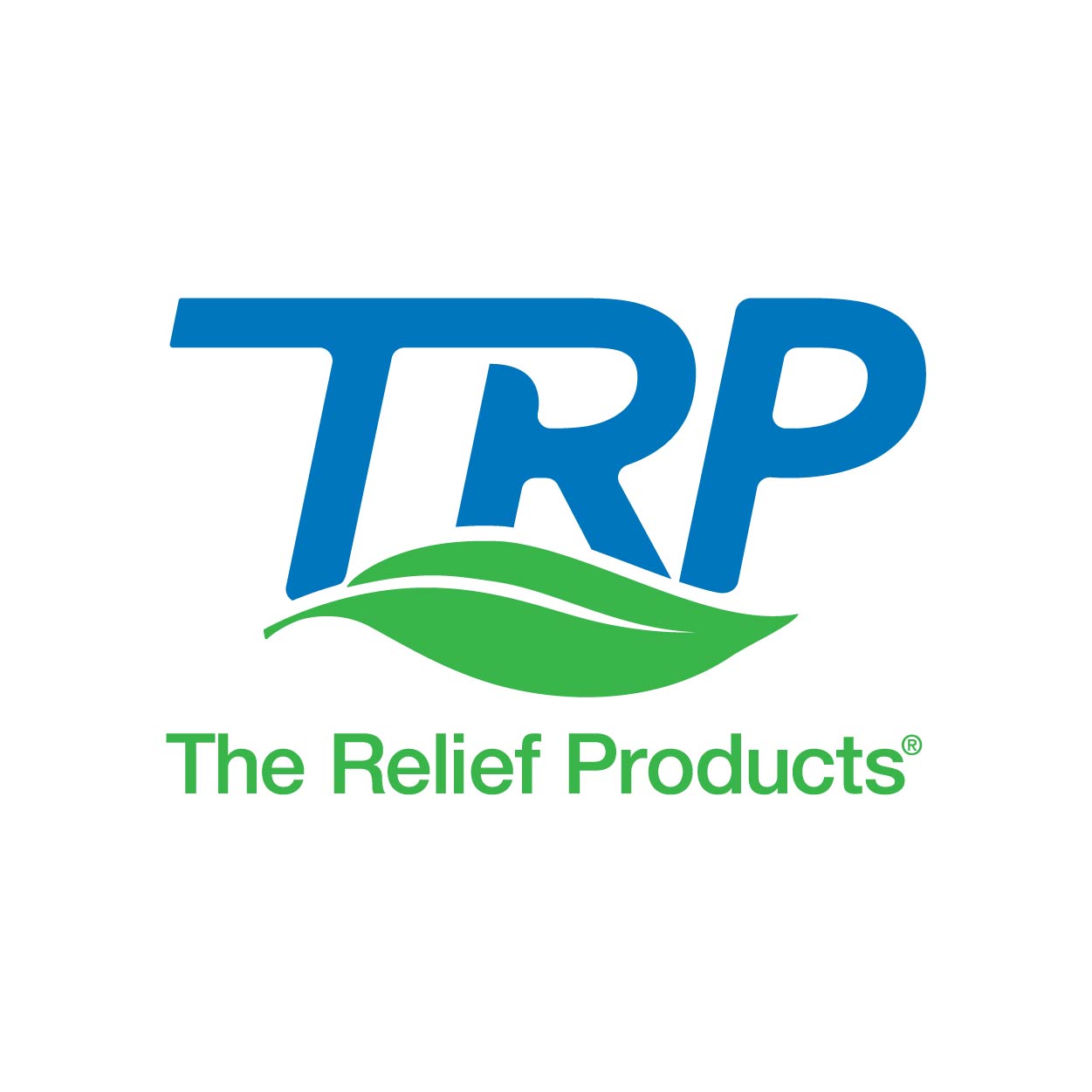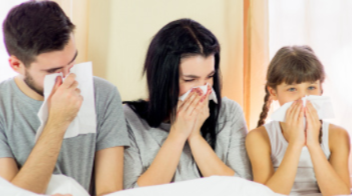4 Easy Ways to Reduce Allergy Symptoms At Home

Throughout the year and especially during the spring, allergies can be a serious problem for many. In fact, more than 50 million Americans suffer from allergies every year. While some experience symptoms year-round, many find the spring to be especially difficult due to an abundance of tree, grass, and flower pollen. Similarly, symptoms can become intensified during the fall due to ragweed pollen. Whether it is early spring or late fall, outdoor pollen combined with the dust, pet dander, and mold found inside our homes can be a recipe for disaster!
What are Allergies?
Allergies are our body’s natural reaction to a foreign substance. “When you have allergies, your immune system makes antibodies that identify a particular allergen as harmful, even though it isn’t. When you come into contact with the allergen, your immune system’s reaction can inflame your skin, sinuses, airways or digestive system (Allergies, n.d.).” When dealing with seasonal allergies, many people experience Allergic Rhinitis, commonly known as hay fever. This is one of the most common reactions to seasonal allergens, with symptoms that include sneezing, itching or runny nose, congestion, and watery, swollen, or gritty eyes. Those who experience allergies year round, which is generally caused by sensitivity to household irritants such as dust, mold, animal dander, and more, suffer from perennial allergic rhinitis. In either case, it is always a good idea to see your doctor for an allergy skin test to identify which substances are causing your body’s allergic reaction. Identifying your allergens will be a huge help in mitigating symptoms.
Below are 4 easy ways you can reduce your allergy symptoms at home!
Wash Your Sheets, Often!
Dust, dander, and even pollen can easily build up on fabric surfaces. It is so important to wash items such as your bed sheets, blankets, cloth covers, etc. on a weekly basis! Additionally, you can purchase hypoallergenic sheets and pillowcases. These items are made from materials that reduce or repel common allergens found in our homes. Additionally, be sure to use hot water when washing your sheets, as this will kill any dust mites and remove allergens that cause irritation. If you are allergic to pet dander but own a pet, consider not letting them into your bed or bedroom – this can make a huge difference.
Air Filtration
If you suffer from seasonal allergies, you should start by keeping the windows shut in your home, especially during peak allergy season. There are also several appliances you can use to help purify the air in your home. A basic air purifier is a great start – this will remove pollutants and particles from the air such as dust, dander, smoke, odors, and more. If you suffer from more serious allergies, you may want to consider a higher-end purifier with an ionizer or HEPA filter. Through the use of electricity, Ionizers work by discharging negative ions into the air. These negative ions attach and bond to air particles such dust, pollen, smoke, and other allergens. Another option is an air purifier with a HEPA (high efficiency particulate air) filter. HEPA filters use a multi-layered netting which allows even ultra-fine particles to be captured. Another important thing to keep in mind when shopping for an air purifier is the CADR (clean-air delivery rating). “This measures the cleaning speed of the purifier for removing smoke, dust, and pollen. Look for a CADR of at least 300, above 350 is really great (Rothman, 2020).” Finally, you may also want to consider purchasing a humidifier or dehumidifier to regulate the moisture in the air – too much moisture creates an inviting environment for mold and mildew.
Weekly Cleaning
It is extremely important to keep a cleaning schedule if you want your home to be allergen-free as possible. Ideally, you want to have surfaces that are easy to clean and do not allow for particulate build-up. If you have the option, use wood or laminate flooring wherever possible. If you do have carpet, be sure to vacuum often and to shampoo the carpets regularly. Similar to air purifiers, vacuums also come in models that are HEPA certified and better at trapping dust and particulates. Additionally, be sure to choose furniture that has less fabric and is easy to clean. Other areas in your home that are important to keep clean include curtains and blinds, surfaces that dust can pile up on (bookshelves, tables, etc.), and the bathroom. It is especially important to keep your bathroom clean as mold and mildew are most likely to develop here due to humidity and moisture.
Allergy Remedies
There are many over-the-counter remedies available to relieve allergy symptoms. Most come in the form of tablets, pills, nasal sprays, or eye drops. Drugs that are specifically designed to treat allergy symptoms include “antihistamines, decongestants, combination drugs, corticosteroids, and others (Allergy Medications, 2020).”
Antihistamines: Your body creates histamines when it comes into contact with an allergen trigger. Histamines are what causes symptoms like swelling, watery eyes, and itchiness. An Antihistamine will work to block histamines, thus reducing symptoms. It should be noted that antihistamines do have the potential to cause some common side effects such as drowsiness, sleepiness, and dizziness.
Decongestants: Decongestants work to shrink swollen blood vessels and tissues. This will help reduce the effects of a stuffy nose, as the lining of your nose often becomes swollen while reacting to allergens. It should be noted that decongestants can cause side effects including burning or stinging (nasal sprays), sneezing, dryness, and restlessness or trouble sleeping.
Combination Drugs: There are several OTC medicines available that combine the effects of an antihistamine with a decongestant for optimal relief. These include common name brand medicines such as Allegra-D, Benadryl, Claritin, and Zyrtec.
Natural Alternatives: There are also many natural remedies that can be used to help reduce allergy symptoms. Below are some easy steps you can take at home.
• Opt for a natural OTC product for your allergies. If you suffer from eye allergies, try Allergy Eyes Relief® daytime drops and PM Ointment for 24/7 relief from watery, itchy, and swollen eyes. Allergy Eyes Relief® contains no harsh chemicals or vasoconstrictors.
• Shower often – when you leave the house you bring dust, pollen, and other particles back into your home.
• Eat Healthy – lots of fruits can help reduce symptoms.
• Use a rinse kit or neti pot to clean out the mucus in your nose.
• Stay hydrated – this can help reduce nasal drip. Try using warm liquids such as tea or broth, as the steam will be an added benefit and help you breathe better.
• Use natural cleaners in your home to reduce the amount of irritating chemicals in the air.
To learn more about allergies and how they effect your health, check out the WebMD Allergies Health Center here.







